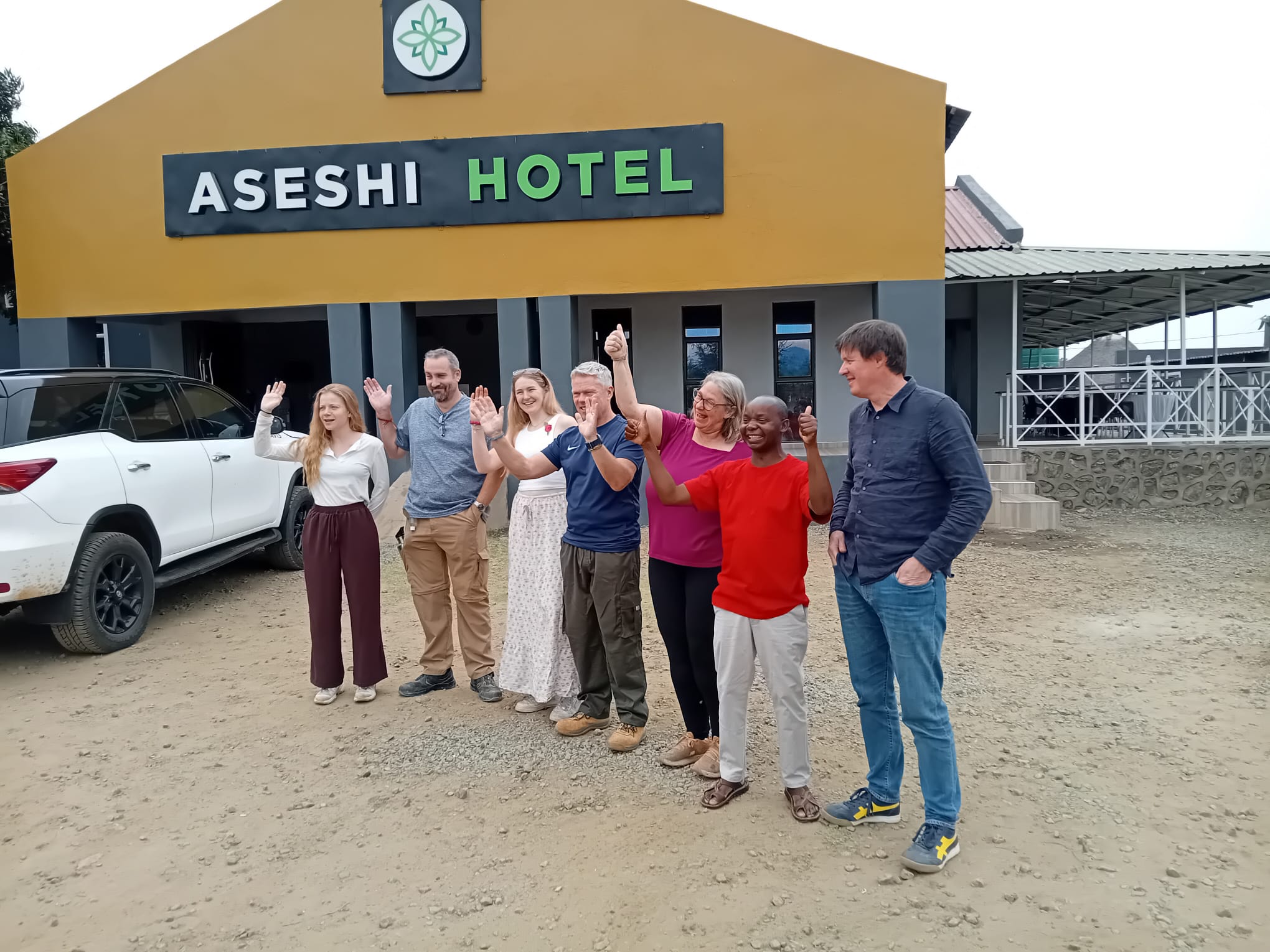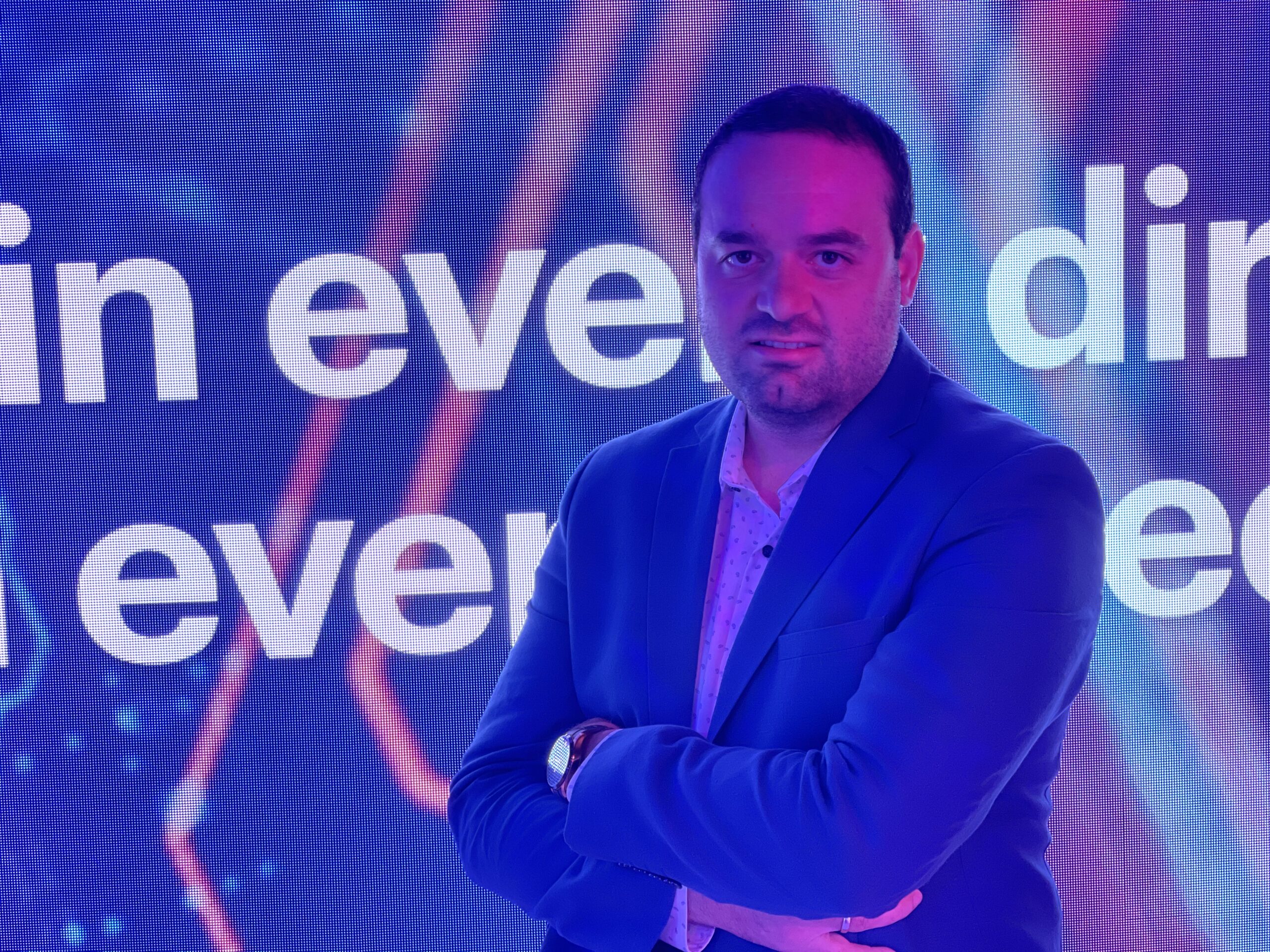INFLO’s Role in Bringing MESCH to Life in Malawi
Blog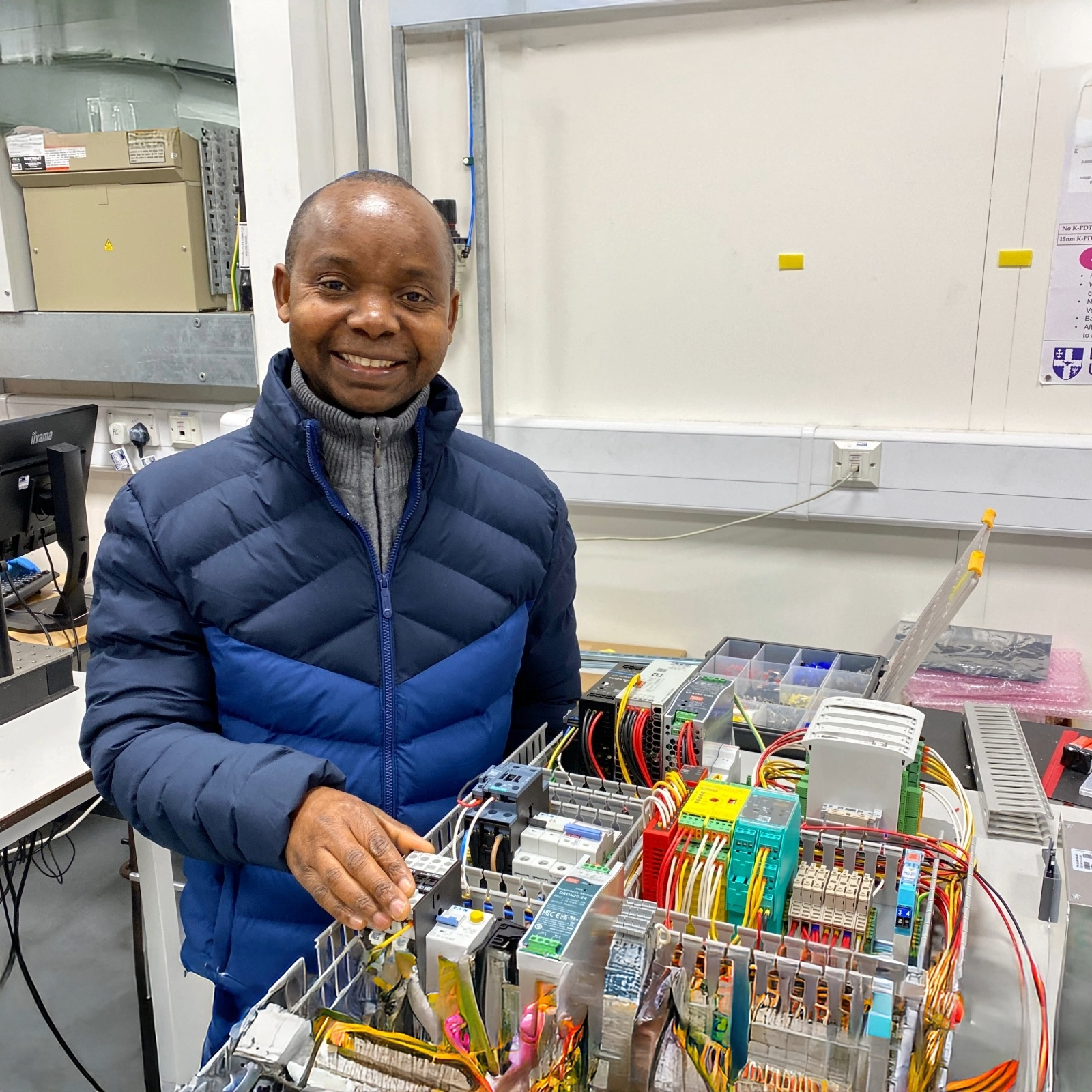
INFLO LTD is the local partner of the MESCH project, leading the design, installation, and delivery of the system. In this interview, Soustain Chigalu, Director of Operations at INFLO, discusses the challenges of deploying clean energy systems, collaborating with local institutions, and the opportunities MESCH presents for achieving sustainable impact in Malawi.
Could you start by introducing INFLO LTD and telling us about your team’s role in delivering the MESCH project in Malawi?
INFLO’s mission is to provide innovative, clean energy solutions through design, construction and maintenance to deliver value for customer and stakeholder satisfaction. We are committed to empowering sustainability transformation in Malawi and sub-Saharan Africa. I am a project lead engineer for INFLO. My role is to lead the gathering of technical requirements, designing, installing, operating, and maintaining the MESCH project.
What drew INFLO to join the MESCH partnership, and how does the project connect with the kind of work you usually do?
The MESCH partnership started in 2022 when Loughborough University and the Consortium for Battery Innovation visited Malawi as part of a UK Energy Catalyst trip. We discovered we had something in common in addressing sub-Saharan Africa’s energy access and affordability challenge. For over ten years, INFLO has provided integrated solar-powered energy solutions to expand clean and sustainable energy access and affordability in Malawi, especially for schools, hospitals and rural areas. We discovered that Loughborough University has the right solution to address electricity and cooking energy problems for rural areas using the battery electrolyser. We partnered with CBI, LU, Monbat, Ultima Forma and RENAMA to submit a winning bid to Innovate UK.
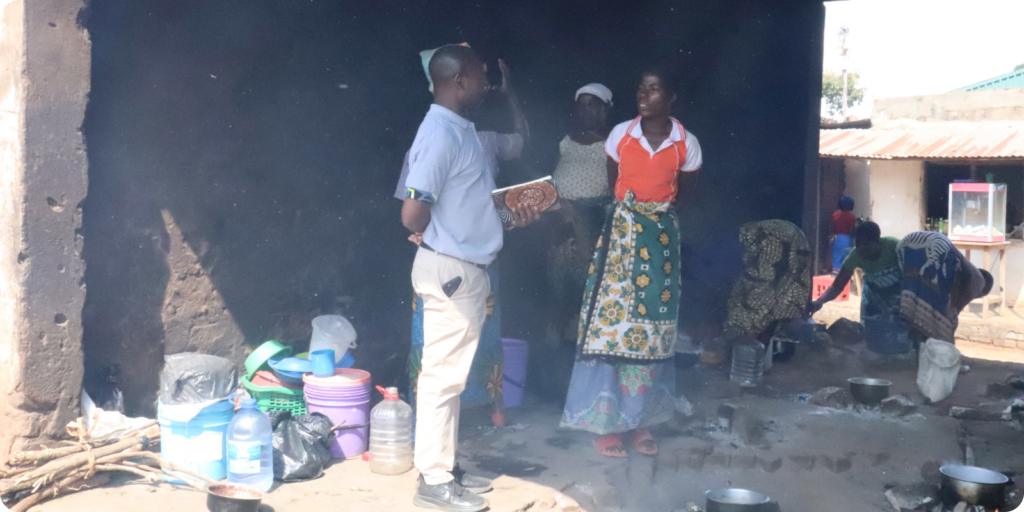
Turning innovation into action
INFLO is working closely with other project partners. What has it been like working with international and local teams to deliver a project of this scale and complexity?
This collaboration has helped us speed up the delivery of an innovative hybrid clean energy solution in Malawi. Our partners’ skills and expertise have made it possible to design and deliver a project of MESCH’s nature despite the limited equipment, standards, and regulations for clean hydrogen gas in Malawi.
How do you make sure the MESCH system is adapted to real conditions in Malawi?
We talk directly to the local users, government officials, and experts from different fields to express their views, concerns, and advice for the successful implementation of the project. Throughout the project, we have engaged with the Malawi Ministry of Local Government, Ministry of Health, Ministry of Energy, Malawi Environmental Protection Agency (MEPA) and District Executive Committee (DEC) for Mwanza district. As a result, the project was accepted without challenges and received approval for the Environmental, Social Management Plan (ESMP) from MEPA.
Beyond hospitals, where else do you think the MESCH system could be helpful for communities in Malawi?
The MESCH project has great potential to address energy challenges in many areas in Malawi and beyond. At INFLO, we are exploring the use of hydrogen gas for cooking for schools to eliminate the use of polluting firewood and charcoal. We are conducting market research to integrate clean hydrogen energy in agro-processing industries like tea, coffee, and macadamia nuts. The tourism sector is also targeted, with clean hydrogen gas to be used for cooking in hotels and lodges.
A vision for the future
Can you share a moment during your work on MESCH that made you feel the project could have a real impact?
When I first visited Mwanza District Hospital, I saw a dozen women cooking, engulfed in smoke from firewood while preparing meals for their patients. Imagine if we could provide a cooking solution without smoke and firewood. This would enable them to work faster and focus more of their time attending to their patients. I also thought the guardians could save money and be protected from lung diseases like tuberculosis caused by smoke. MESCH has the potential to greatly improve the welfare of these women.
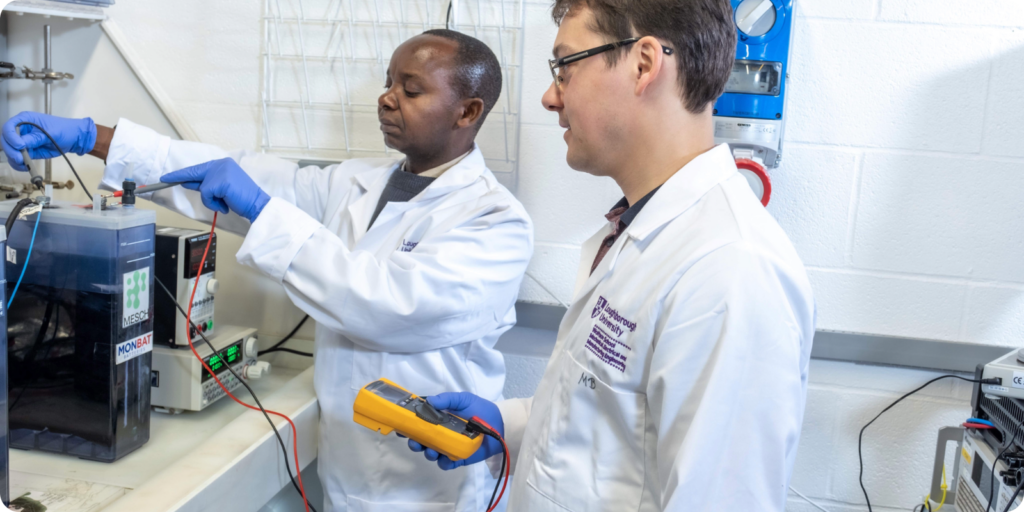
In your view, what sets MESCH apart from other energy projects you’ve worked on or come across?
The MESCH project has diverse partners with varied skills and expertise. MESCH addresses two common challenges using an innovative energy solution: clean solar energy to produce and store electricity and clean hydrogen gas. This collaboration ensures access to world-class technology and expertise.
What are you and your team most looking forward to as MESCH continues to grow and move into its next stages?
We are committed to making MESCH a success. The lessons learnt will be used to scale up implementation in Malawi and other countries, addressing the needs of over one billion people without clean cooking solutions across the Sub-Saharan Africa region.

